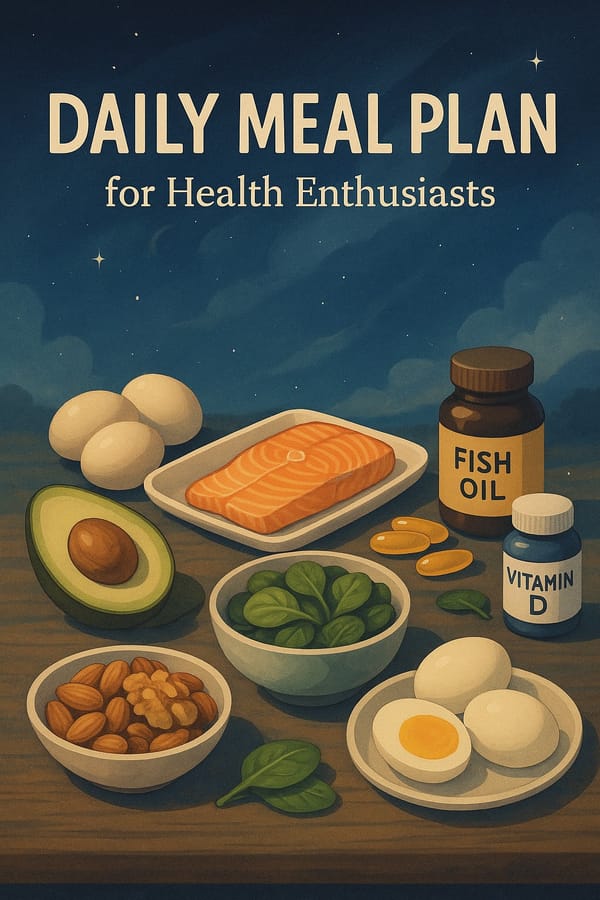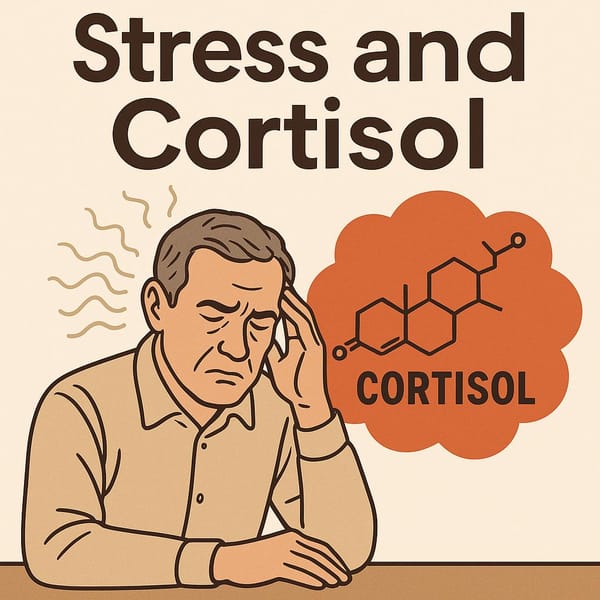Understanding Gluten: Hidden Risks, Symptoms, and How to Live Gluten-Free

What is Gluten?
Gluten is a type of protein found in wheat, barley, and rye. It provides elasticity and structure to foods like bread and pasta. Gluten is also commonly found in processed foods such as soy sauce, soups, or certain baked goods.
Who Can Be Affected by Gluten Intolerance?
- Celiac Disease: This is an autoimmune disorder where consuming gluten causes inflammation in the small intestine, leading to impaired nutrient absorption. It can affect the digestive system, immune function, and overall health.
- Non-Celiac Gluten Sensitivity (NCGS): While it doesn’t involve intestinal inflammation like celiac disease, individuals with NCGS may experience symptoms such as abdominal pain, bloating, headaches, or fatigue after consuming gluten.
- Wheat Allergy: This is an allergic reaction to proteins in wheat, including gluten. Symptoms range from mild reactions like skin rashes to severe cases like anaphylactic shock.
Prevention and Treatment
- Diagnosis: If gluten intolerance is suspected, consult a doctor for blood tests, endoscopy, or an elimination diet to observe symptoms.
- Avoiding Gluten: People with gluten intolerance should avoid foods containing wheat, barley, rye, and processed foods that might contain hidden gluten.
- Gluten-Free Foods to Eat:
- Rice (white, brown, sticky)
- Potatoes
- Legumes
- Fresh fruits and vegetables
- Unprocessed meat, fish, and eggs
Effects of Gluten Intolerance
- Digestive system: Symptoms like abdominal pain, diarrhea, or bloating
- General health: Fatigue, weight loss, nutrient deficiencies
- Nervous system: Headaches, memory issues, or depression
- Children: Stunted growth or developmental delays
Connections to Other Medical Conditions
- Leaky Gut Syndrome: Gluten can damage the intestinal lining, leading to the leakage of molecules into the bloodstream, causing chronic inflammation or triggering autoimmune diseases.
- Autoimmune Diseases: Such as thyroiditis, Type 1 diabetes, or atopic dermatitis.
- Increased Cancer Risk: Untreated celiac disease may increase the risk of small intestine cancer or lymphoma.
Managing Daily Life
- Reading Food Labels: Check food labels carefully to avoid ingredients containing wheat, barley, or rye.
- Choosing Gluten-Free Products: Many gluten-free options are available in stores, such as gluten-free bread or pasta.
- Consulting Experts: Consulting a nutritionist can help manage a gluten-free diet effectively and minimize the risk of nutrient deficiencies.
Conclusion: Gluten is a protein found in wheat, barley, and rye that can cause health issues for certain individuals, such as those with celiac disease, wheat allergies, or gluten sensitivities. The best prevention is to avoid foods containing gluten and opt for safe alternatives. If you suspect gluten-related health problems, consult a doctor for proper diagnosis and guidance.



